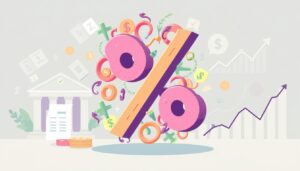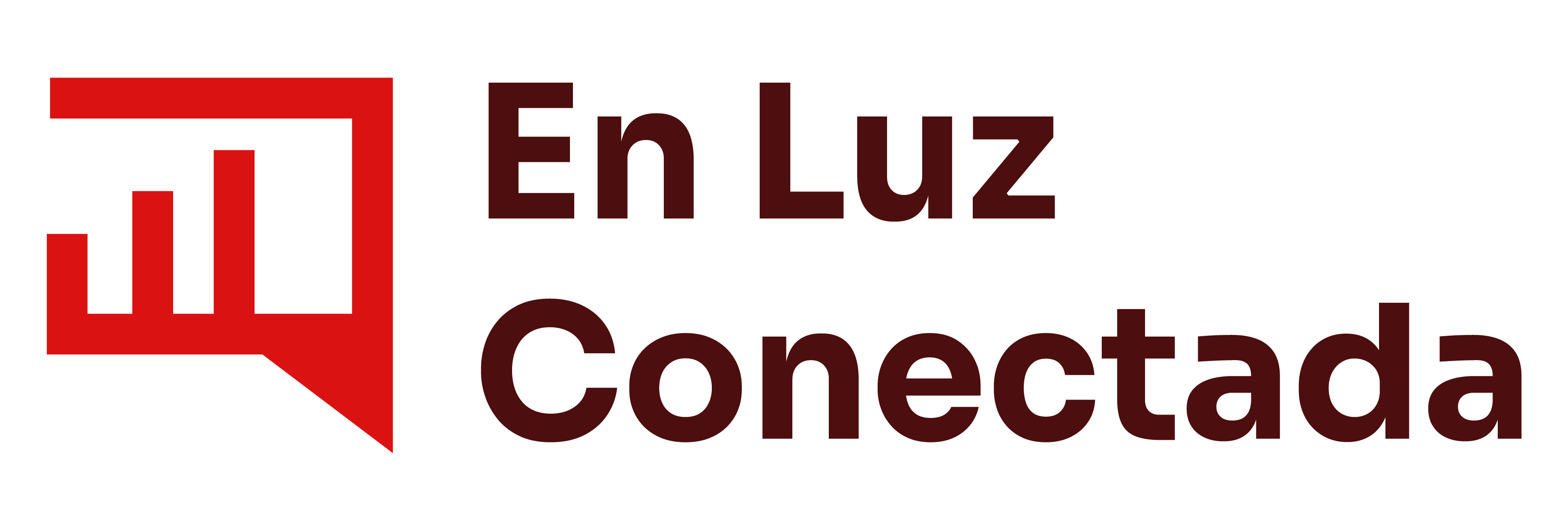Ever thought leasing a car might be smarter than buying it? The choice between leasing and buying is more than just a personal preference. It can really affect your finances and lifestyle.
Leasing might mean lower monthly payments, but buying gives you full ownership. This article will help you understand the differences. It aims to give you the knowledge to choose wisely between leasing and buying a car.
Understanding Leasing and Buying Options
When looking to get a vehicle, people usually choose between leasing and buying. Leasing has its own set of benefits that many find appealing. It often means lower upfront costs and shorter contracts, making it easier to switch cars more often.
Those who lease get to drive newer cars with the latest tech and safety features. They also pay less for maintenance since most leases cover the warranty period.
Buying a car, however, is seen as a long-term investment. It lets you customize the car to your liking and can even increase its value when you decide to sell. When buying, you need to consider financing options carefully. This includes looking at interest rates and how long you’ll take to pay it back.
It’s important to understand both leasing and buying. This helps you make a choice that fits your financial situation and personal preferences.
Financial Implications of Leasing vs. Buying
Looking at the financial side of leasing vs. buying a car is key. Leasing usually means lower monthly payments, which can help with budgeting. But, buying a car lets you own it after paying off the loan.
Interest rates are a big deal in both choices. Rates can change based on your credit score and the loan length. Leasing might have mileage limits, adding extra costs if you go over.
Insurance costs vary too. Leasing often means you need comprehensive coverage, which can be pricier. Leased cars usually have warranties, while you might pay for repairs on your own car.
Tax benefits can also sway your decision. Businesses might get tax deductions for lease payments, but owning doesn’t offer the same benefits right away. Knowing these financial points helps you choose wisely between leasing and buying a car.
Pros and Cons of Leasing
Looking into the pros and cons of leasing is key for those thinking about it. One big plus is the lower monthly payments compared to buying. This makes it easier to drive a newer car without a huge upfront cost.
Warranty coverage is another big advantage. Leased cars usually stay under warranty during the lease. This means you won’t have to worry about unexpected repair bills. Plus, leasing lets you change cars every few years, keeping your driving experience new and fun.
However, there are downsides to consider. Mileage limits can be a problem for those who drive a lot. Going over these limits can lead to extra fees. Also, leasing doesn’t give you long-term ownership, which might not appeal to everyone. When the lease ends, returning the car might cost you if there’s damage or wear.
Pros and Cons of Buying
Thinking about buying a car? It’s important to look at both sides. One big plus is owning the car outright. This means you can drive as much as you want without worrying about extra fees. Plus, you might be able to sell it later and get some of your money back.
But, there are downsides too. Buying a car usually costs more upfront than leasing. This can be tough on your wallet. Also, owning a car means you’ll have to keep paying for things like maintenance, insurance, and repairs. These costs are part of the big decision to buy a car, as they depend on your personal and financial situation.
Factors to Consider When Choosing
When deciding between leasing and buying a car, several factors are important. Your personal budget is a big one. You need to think about monthly payments, interest rates, and total costs to see what you can afford.
How you drive is also a factor. If you drive long distances often, buying might be better. But if you mostly drive short distances, leasing could be more suitable.
How you use your vehicle matters too. If you like to change cars often, leasing is flexible. But if you want to keep a car for a long time, buying is the way to go. It’s also important to think about whether you prefer the responsibility of owning a car or the ease of leasing.
Looking ahead is another key consideration. If you might move for work or need a bigger car for your family, this could affect your choice. Think about your commute and family needs to decide if leasing or buying is best for you now and in the future.
Common Misconceptions About Leasing and Buying
Many people think leasing is only for luxury cars. But, brands like Honda, Toyota, and Ford also have leasing options. This means more people can enjoy the benefits of leasing.
Some believe buying is always cheaper in the long run. But, owning a car comes with costs like depreciation and maintenance. Leasing might be better for those who like driving new cars often.
Leasing is seen as less flexible than buying. But, it often has lower payments and includes maintenance. Knowing the truth about leasing and buying helps make better choices.





